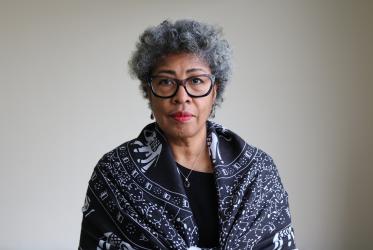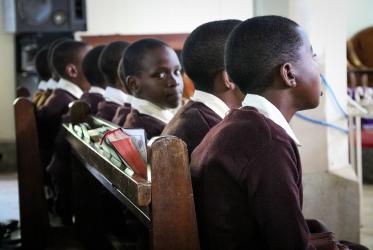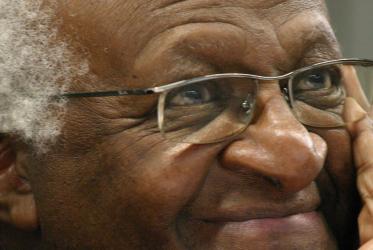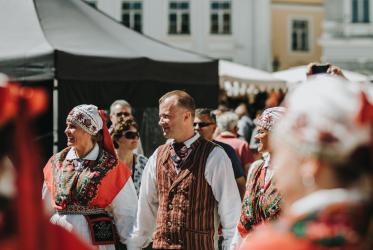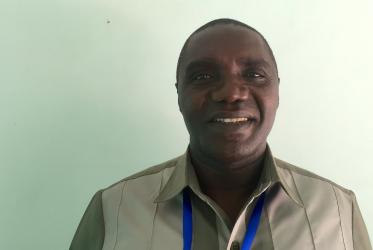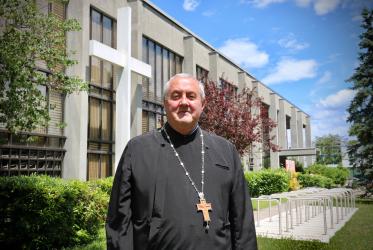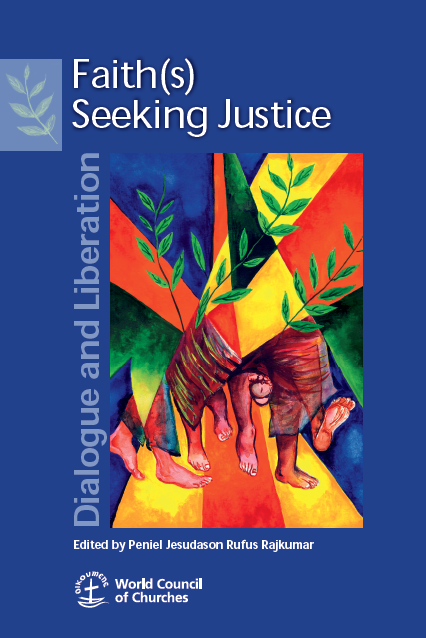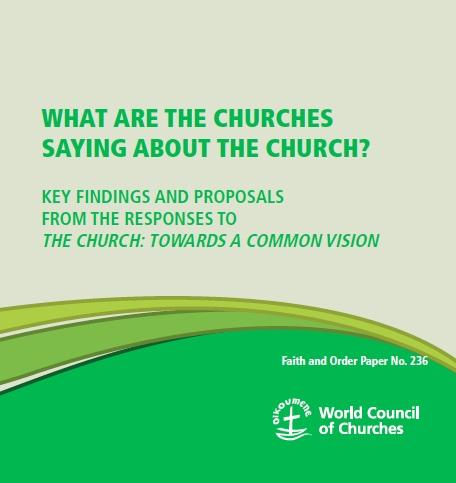Displaying 161 - 180 of 229
Perkins names Dr Evelyn Parker as 2021 Distinguished Alumna
11 November 2021
Desmond Tutu turns 90 with an outpouring of love from the world
12 October 2021
In Lebanon, “without peace there is no justice”
21 July 2021
What Are the Churches Saying About the Church?
Key Findings and Proposals from the Responses to The Church: Towards a Common Vision
21 June 2021
